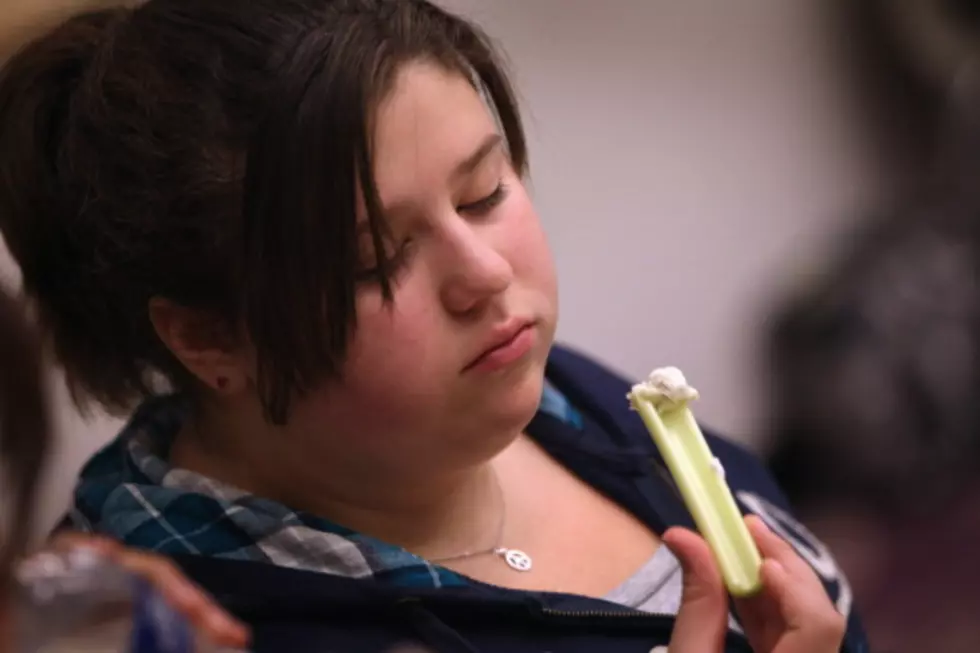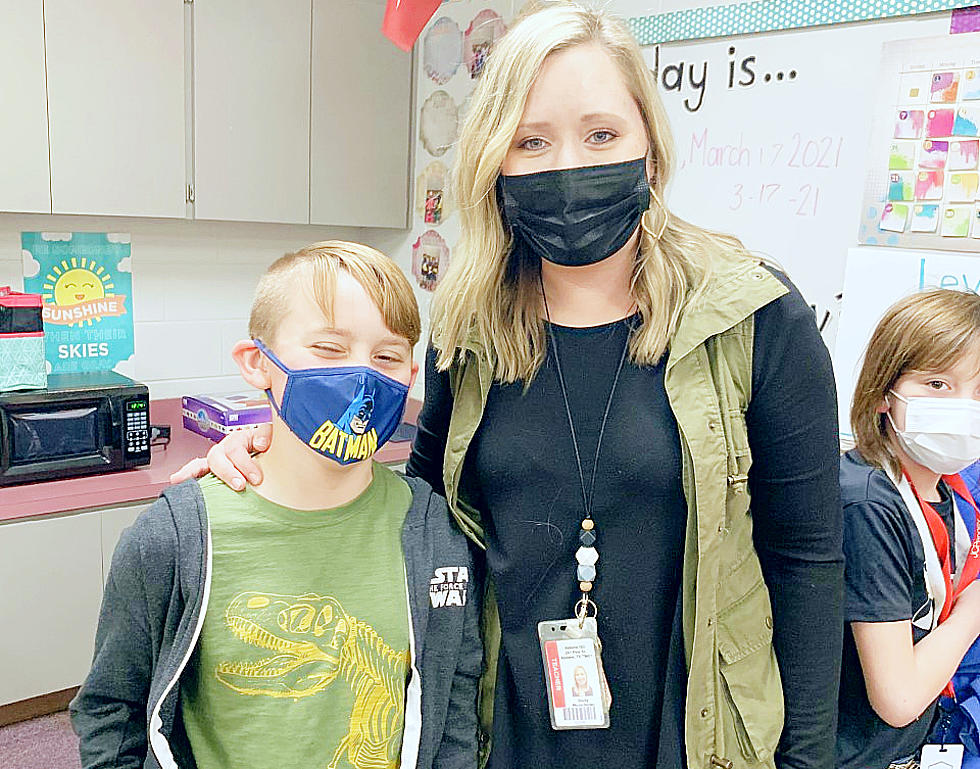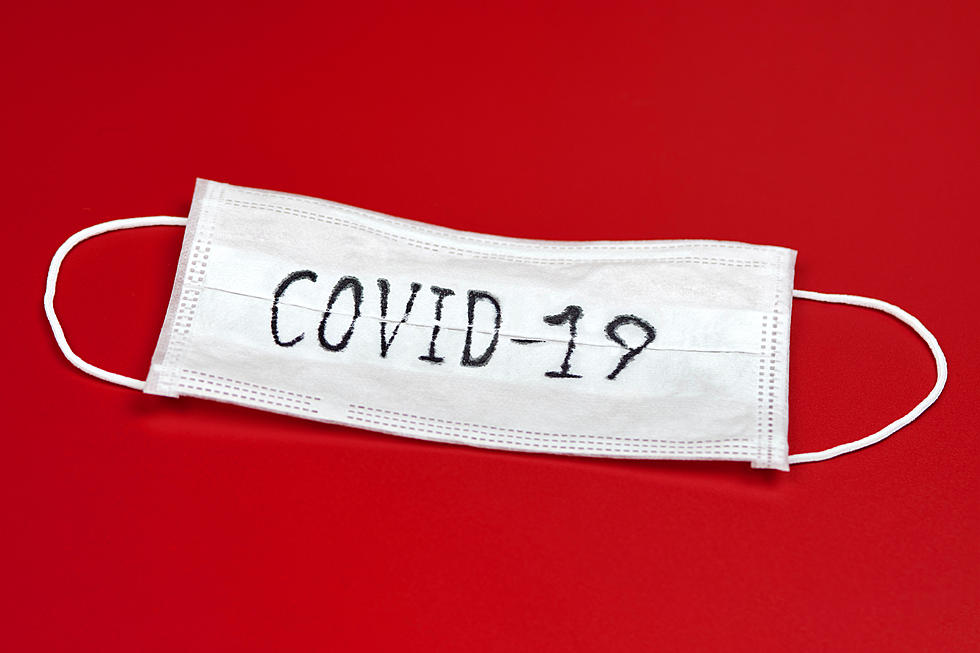
Computer Program To Help Kids Lose Weight Is A Fail
A group of Doctors, scientists and researchers conducted a two-year study of overweight and obese adolescent children (12 and 13 years old). The group tried to to modify dietary behavior by incorporating a web-based computer-tailored intervention program. The program aimed to increase physical activity, decrease sedentary behavior, and promote healthy eating among adolescents. The "FATaintPHAT" study did not produce the desired positive long-term outcome researchers were hoping for. However, there were positive short-term effects on eating behaviors, according to the report published online by Archives of Pediatrics & Adolescent Medicine and on the JAMA/Archives journals.The intervention study included 20 schools in the Netherlands, and over 800 children ages 12 and 13 years old. The objective of this study was to improve the dietary behavior of the children. The intervention included reducing consumption of sugar-sweetened beverages, and increasing intake of fresh fruits, grains and vegetables, and increase physical activity.
“The high prevalence of overweight and obesity among adolescents is a major public health concern because of its association with various chronic diseases,” the authors write as background information. “Computer tailoring has been recognized as a promising health communication technique to promote energy balance-related behaviors.”
To evaluate short- and long-term effectiveness of a web-based computer-tailored intervention on preventing excessive weight gain in adolescents, Nicole P. M. Ezendam, Ph.D., then of Erasmus University Medical Center, Rotterdam, the Netherlands, now of Tilburg University, Tilburg, the Netherlands, and colleagues developed the online school-based, FATaintPHAT intervention.
The FATaintPHAT intervention program addressed the issues of weight control and exercise-behavior. The completed analysis showed no intervention effects on BMI (body mass index), waist-line measurements, or the percentage of students being overweight or obese declining. In the four-month follow-up, students were less likely to drink more than 16 ounces of sugar-sweetened beverages per day compared with students in the control group. Self-reported snack consumption was lower in the intervention group than the control group at the four-month follow-up; however, the difference was not statistically significant at the two-year follow-up.
On a more promising note, after the two year study and follow-up, students reported eating more fruit than those in the control group at the four-month follow-up stage.
“The FATaintPHAT intervention was associated with positive short-term effects on diet but with no effects or unfavorable effects on physical activity and sedentary behavior,” the authors write. “In conclusion, our study shows that the computer-tailored intervention FATaintPHAT was not effective in modifying anthropometric outcome measures but that it can have a positive effect on dietary behaviors among adolescents at short-term follow-up.”
With most school systems and now the States taking charge at eliminating sugar-sweetened beverages on campus, do you think depriving kids of sodas is helping our kids or is it hurting them?
More From KEAN 105

![Bullet Grazed Border Patrol Agent’s Head During School Shooting [PHOTOS]](http://townsquare.media/site/34/files/2022/05/attachment-Screen-Shot-2022-05-26-at-12.27.42-PM.jpg?w=980&q=75)







